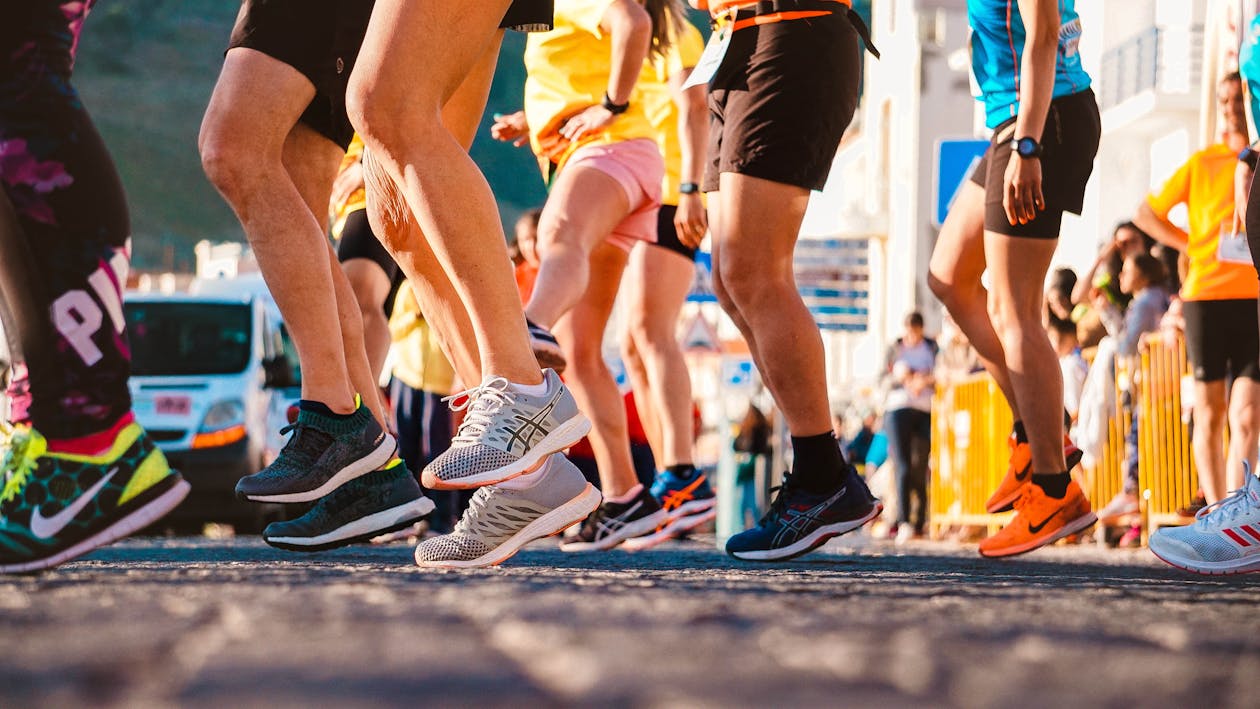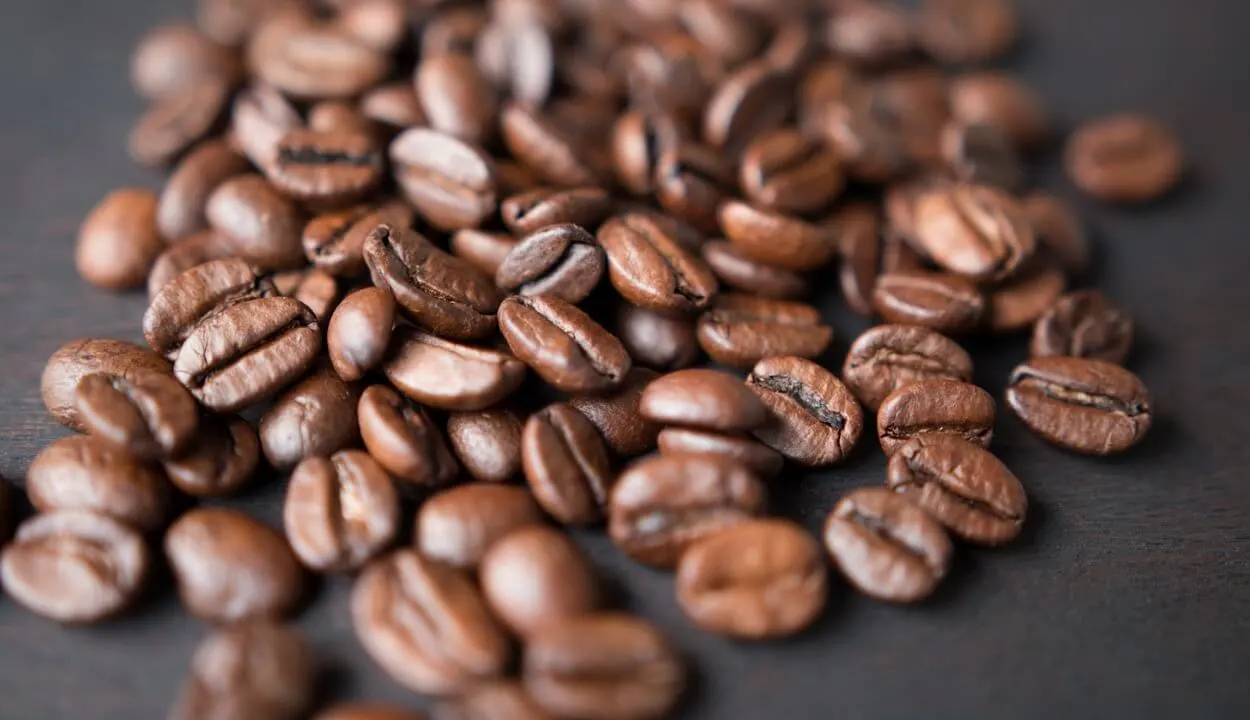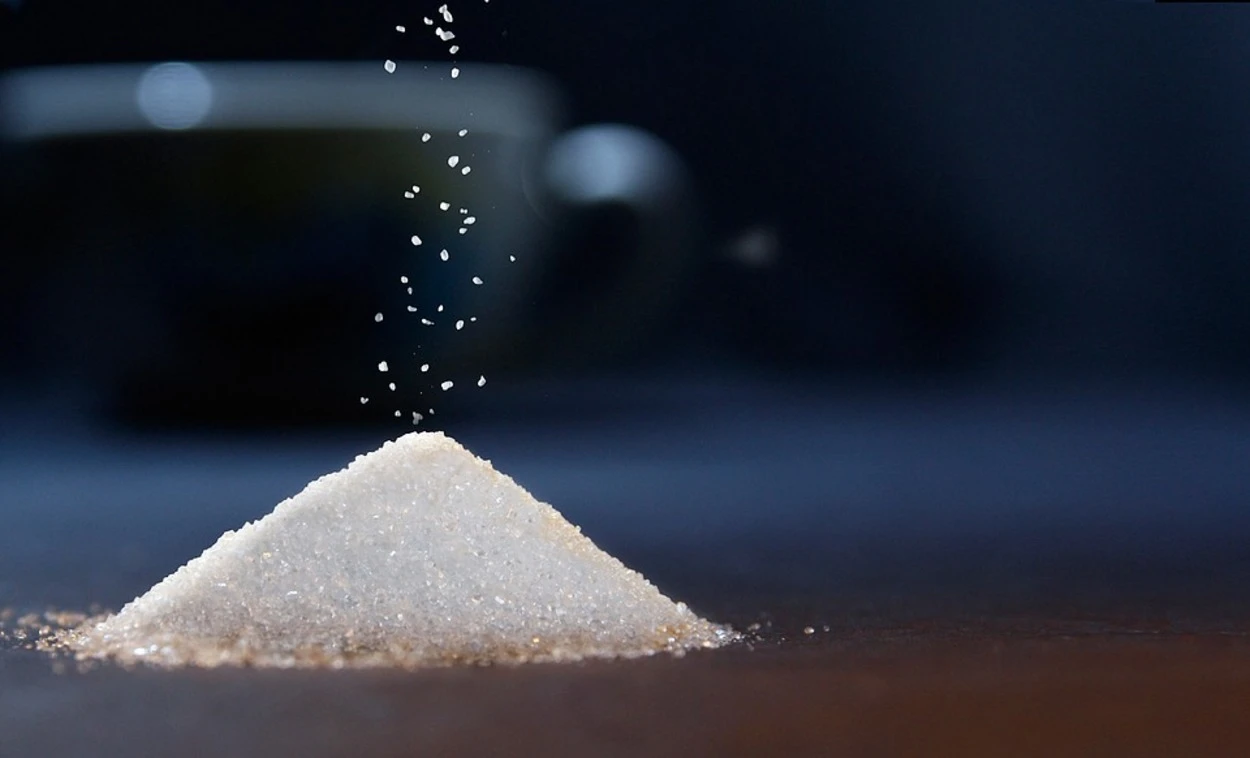Short answer: Yes, energy drinks can help you run faster.
When it comes to staying fit, the easiest exercise that comes to your mind is running. But Before you tie your shoelaces, prepare your body for the calories burning and sweating.
You need the energy to do so, and if you don’t have enough stamina you may get tired even before reaching the finish line. This is where energy drinks come into the picture.

Running just for sake of casual sports activity is not enough for most recreational runners. They are constantly looking for ways to improve their running abilities. There are several Energy Drinks on the market that promise to improve running performance.
Due to their quick energy effects and additives like caffeine, energy drinks are renowned in the sports world. However, there is little evidence to back that up.
Some people can’t imagine running another step without their sports drink, while others have little trust in them. So, what’s the truth? Do they actually make you run faster?
Let’s find out!
Contents
Do energy drinks help with running?
Yes, They do help.
Energy drinks offer you a burst of energy as well as help your mental focus during training sessions, marathons, or races. Of course, this is dependent on the selection of your Energy drink.
Caffeine and taurine are common ingredients in energy drinks, and they can help athletes perform better by reducing fatigue and boosting concentration. According to a study, drinking an energy drink before a 5km run can enhance your performance.
How does it help in running?
A core ingredient in energy drinks is Caffeine. Caffeine is widely known for its ability to improve and extend workout performance. Caffeine dosages ranging from 3 to 13 milligrams per kilogram of body weight (mg/kg) have been demonstrated to increase exercise performance.
Caffeine’s stimulating impact on the brain reduces the feelings of exhaustion, exertion, and perceived pain. Caffeine also boosts mental clarity and sharpness, aids in maintaining laser-like focus, and enhances some technical abilities both during and after intensive exercise.
Caffeine combined with other ingredients in energy drinks gives your body all that it requires to not only wake up but also perform well on your run.
What to look for in an energy drink?
When prepping yourself for a run you should keep yourself hydrated and restore your energy levels with the correct balance of electrolytes, carbs, vitamins, and minerals.
As a runner, you need to check the ingredients on the label and pick an energy drink that suits your running and fuel demands. Following are the major ingredients found in an energy drink that are essential for a runner’s strength.
Caffeine
Like I said before, caffeine is the most important ingredient in an energy drink. If a brand does not have enough caffeine it will not be very effective.

Caffeine boosts mental alertness, which is important if you want to go on an early morning run without feeling sleepy. Caffeine raises the epinephrine levels (adrenaline), a hormone responsible for the “fight or flight” response. This will help improve the performance.
Caffeine also stimulates the same “feel-good” chemicals in your brain (endorphins) as the “runner’s high”. This will make you feel even better during and after your runs.
If you’ve ever tried to create a habit, you know how vital it is to make the habit enjoyable.
FDA suggests taking less than 400 milligrams of caffeine to avoid jitters and caffeine overdose. If you plan on taking an energy drink before a run, choose drinks with less than 400 mg of caffeine.
Carbohydrates
Most athletes and runners follow a carb-rich diet. Carbohydrates are a major group of macronutrients. These are stored in the body as glycogen in the muscles and liver and are used up as fuel during activity.
Eating carbs while running can help you maintain stable blood glucose levels. And restore glycogen stores before the next training session, allowing you to perform better on training runs and races.
Most energy drinks include between 27 and 40g of sugar-derived carbohydrates. These carbohydrates have a high concentration ranging from 20 to 25%.
Sugar

If you’ve been jogging for more than an hour, fluids with sugar or maltodextrin (a slow-release carbohydrate) and salt may help you recover faster.
Sugar just like caffeine is rapidly absorbed by the body for energy before or during your run. But if you drink a sugary energy drink after a run, this extra sugar is converted into fat for later use.
In case you are going on a short run or have not done much physical activity, it is not necessary to add up sugar to your diet. You may gain weight as a result of this much consumption of sugar.
The AHA says that women and men should not consume more than 24 grams and 36 grams of added sugar respectively. There is no nutritional necessity or advantage to eating added sugar.
You may suffer from the following symptoms if you take too much sugar;
- Hunger
- Anxiety and Discomfort
- Headaches
- Fatigue
- Concentration problems
- Sweating excessively
According to Healthline, an 8.4-ounce (250-ml) can of Red Bull, for example, has 27 g (about 7 tsp) of sugar. But a 16-ounce (473-ml) can of Monster contains approximately 54 g (14 tsp) of sugar.
Your blood sugar can spike eating this much sugar. If you have trouble regulating your blood sugar or have diabetes, you need to be very cautious with energy drinks.
Calories
Calories are the units of energy generated by your body as it digests and absorbs food. All foods, whether they are fats, proteins, carbs, or sweets, are calories we need to keep going every day.
So, if you’re going to go for a run you’ll need more nutrition than the norm. The higher the calorie content of food, the more energy it will supply to your body.
Usually, the main source of calories in energy drinks is sugar. For example, a 16 fl. oz can of Monster energy contains 220 calories. Most of these come from sugar. Although these calories are not good for weight loss they may help you maintain your energy in a long run.
Micronutrients
Energy drinks commonly contain a variety of micronutrients and electrolytes to keep you hydrated during extensive exercises. B vitamins are the common micronutrients present in them.
B vitamins are used for metabolizing fats proteins and carbs. B vitamins are important for the maintenance of your brain and blood cells.
They also help in the prevention of anemia which is a common cause of fatigue and weakness. Especially B12, the deficiency of which will make you feel weak.
Hence energy drinks with high levels of B vitamins can help you in running.
Electrolytes
Running may cause a lot of sweating. Your body can be able to restore the fluids you lost during sweating if you have a supply of electrolytes on hand.
They keep you hydrated and assist in balancing your pH levels and prevent muscular cramps, weariness, and weakness.
Energy drink contains a variety of electrolytes like sodium, magnesium, and potassium. You need 1,600 to 2,000 milligrams of electrolytes every day.
Energy drinks high in electrolytes can help you restore some fluids on your run.
Do Energy drinks help with stamina?
Although there has been no clear link between energy drink consumption and increasing stamina, caffeine in energy drinks can increase muscle strength and endurance.
According to research, caffeine has a considerable positive effect on upper body muscular strength and muscle power. Furthermore, energy drinks might help you improve your mood and mental performance.
Are energy drinks bad for runners?
Energy drinks can be risky if you do not drink them in moderation. Drinking more than one or two cans of energy drinks can cause a lot of acute and chronic health problems.
You may consider that drinking energy drinks would make you energetic and boost your sports performance. There is some truth to this; energy drinks will make you feel more energized owing to the high caffeine content.
But, excessive consumption of energy drinks also has many side effects. Some Energy drinks contain a lot of caffeine, and taking too much caffeine can cause anxiety, restlessness, tremors, irregular pulse, and difficulty sleeping.
The high sugar content and calories can also lead to obesity, diabetes, and other health concerns. You may face a sugar crash just after thirty minutes of drinking it.
Sports Drinks vs. Energy Drinks
Sports drinks include water, sodium, carbs, and potassium. That aids the body in absorbing fluids lost via sweating and heavy breath during running.
The sugars in them not only help the body absorb water but also give carbs to muscles to maintain their function during long runs and exercise.
Whereas, energy drinks give you a burst of energy by including caffeine and other stimulants such as guarana or ginseng. Some brands also add taurine, an amino acid that improves athletic performance. Many Energy drinks are carbonated, which can cause burping, nausea, and bloating in runners.
If you want to enhance your running performance and endurance energy drinks are okay to go with due to the added caffeine. But if you only want to keep yourself hydrated sports drinks can do the job.
Should I use energy drinks during long runs?
You can use energy drinks during long runs but i suggest you go for a less sugary option.
You can use energy drinks to increase endurance but choose a less sugary option if you are thinking of running a marathon. Since the effects might wear off during your run and you may feel a sugar crash coming up, it is better to have more natural fluids like water, lemonade, or a banana shake instead.
Here is a video on options other than energy drinks that can give you energy:
Do athletes consider consuming energy drinks necessary?
Athletes feel that energy drinks, which contain potentially ergogenic compounds such as carbs, caffeine, salt, and taurine, can help them perform better during training and competition.
The athletes you see in a Redbull commercial or who are sponsored by Red Bull are much more likely to drink it.
Energy drinks are not intrinsically harmful. Everyone needs energy, and caffeine improves endurance. But, it becomes a concern only when taken in larger doses.
Some recommendations
Here are some recommendations on some tested energy drinks on my list to help you run without getting all groggy about it.
| Energy Drink | Serving Size | Calories per serving | Caffeine per serving |
| Rockstar | 16 oz | 20 calories | 240 mg |
| NOS | 16 oz | 220 calories | 250 mg |
| Red bull | 8.3 oz | 110 calories | 80 mg |
| Full throttle | 16 oz. | 220 calories | 144 mg |
| Monster | 16 oz | 200 calories | 140 mg |
Last Thoughts
Energy drinks have all ingredients that can be used to give energy to runners and are not such a bad choice to help you run better. To achieve the greatest results, I recommend drinking an energy drink 30 to 45 minutes before your run.
Of course, as with any caffeinated beverage, be careful to reduce your caffeine consumption before your run to avoid exceeding your daily limit.
